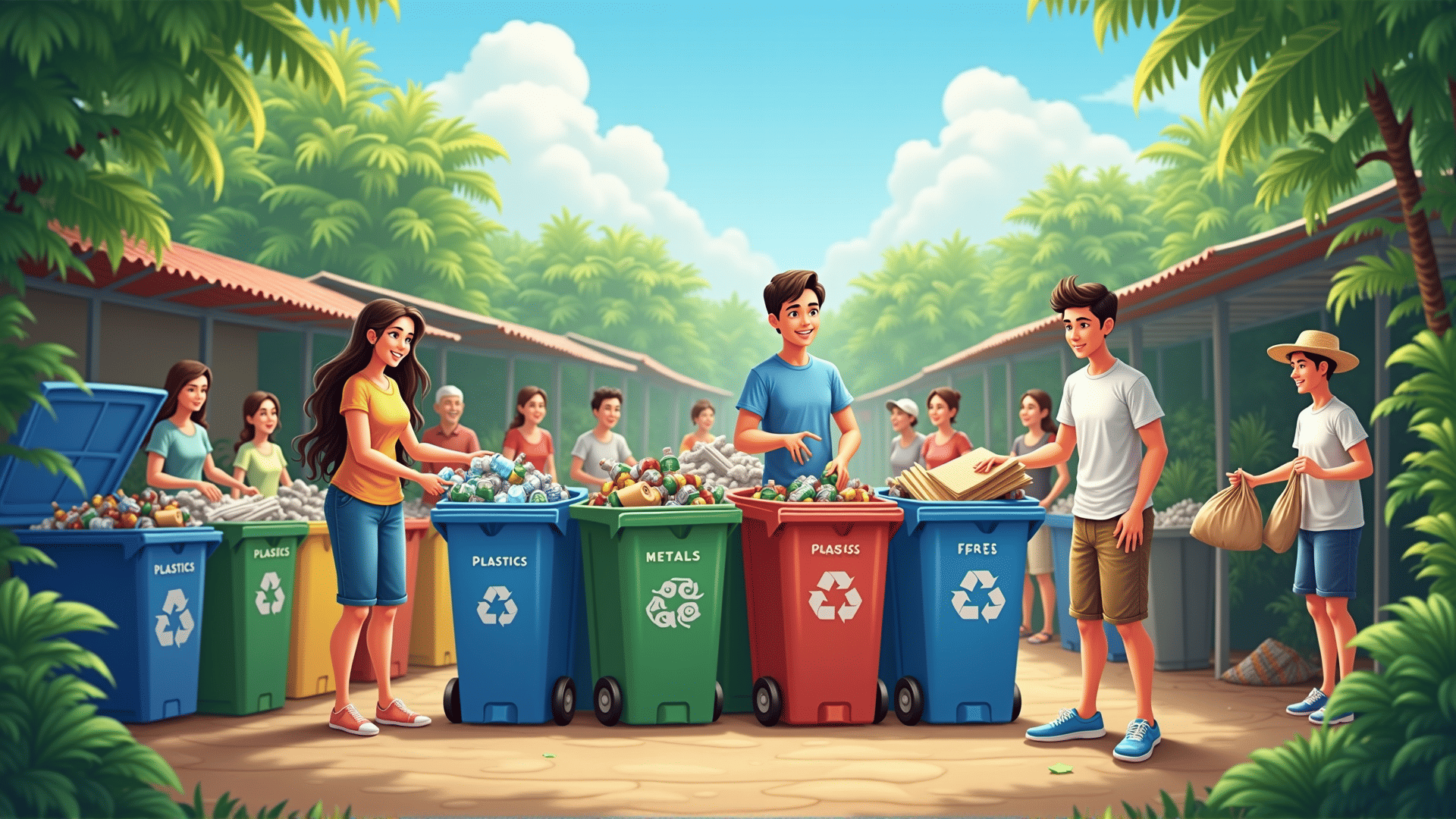The Philippines has been making significant strides in adopting innovative recycling practices aimed at promoting a more sustainable environment. Given the country's rich natural resources and vibrant communities, there is a strong movement towards embracing eco-friendly initiatives that not only preserve the environment but also uplift local communities.
One of the standout practices is the development of eco-bricks. These are essentially plastic bottles filled with compacted plastic waste, which are then used as building materials. Local organizations and schools have taken up this initiative, turning waste into resourceful building blocks. Not only do eco-bricks serve as a creative way to manage plastic waste, but they also provide a versatile construction material for benches, garden walls, and even houses in some areas.
Another notable practice is the use of organic waste for vermicomposting. This method involves using earthworms to convert organic waste into nutrient-rich compost. Many urban gardening projects and farming communities across the Philippines have adopted vermicomposting as a means to enhance soil fertility while reducing organic waste that would otherwise end up in landfills.
In coastal regions, the focus has been on recycling fishing nets and other marine debris. Organizations are partnering with local fishermen to collect discarded nets, which are then cleaned and processed to create new products. This practice not only helps in cleaning up marine environments but also provides alternative livelihoods for fishermen during off-peak seasons.
Barangay-based recycling centers have been developed to decentralize waste management, making recycling more accessible to residents. These centers, run by community leaders, sort and process various recyclable materials, ensuring that the waste is reduced and redirected to the appropriate recycling channels. Such grassroots initiatives foster community involvement and increase awareness on the importance of sustainable waste management.
Educational programs have also played a crucial role in promoting recycling. Schools and universities are integrating environmental education into their curricula, focusing on teaching the principles of reduction, reuse, and recycling. Students are encouraged to participate in projects that not only teach them about ecology but also involve them in practical recycling efforts within their communities.
In summary, the Philippines is making headway in addressing environmental challenges through inventive recycling practices. By transforming waste into valuable resources and engaging communities through education and participation, the nation is setting a strong example of environmental stewardship. As these practices continue to develop and expand, they hold the promise of a cleaner, more sustainable future for the Philippines.
